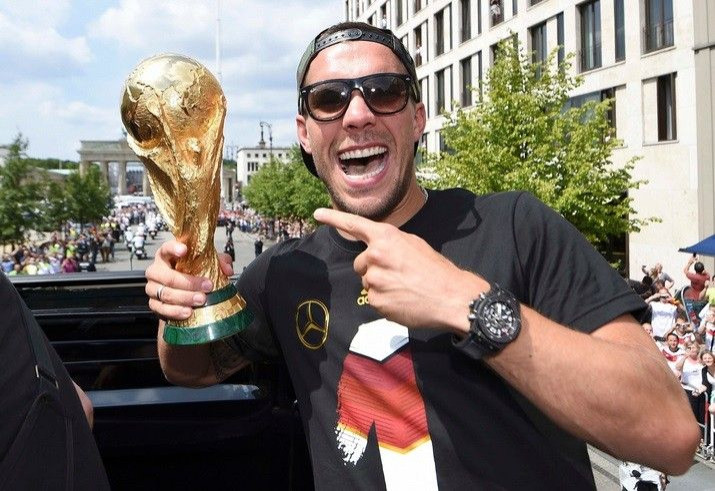Ukraine Crisis: EU Mulls Slapping Sporting Ban On Top Of Economic Sanctions Vs Russia

The European Union is mulling to slap Russia a sporting ban on top of the prevailing economic sanctions it had given Ukraine's aggressor. Not only are sporting events being mulled to be barred in Russia, but other "high-profile international cultural and economic" events as well.
The proposed measures, meant to penalise the country for its role in the Ukraine crisis, were part of an options paper that circulated in European capitals on Tuesday.
Part of the sporting events that Russia lose to participate in include Formula One races, European football competitions and the almost near 2018 World Cup.
Russia won the rights to host the event in 2010.
The proposed measures will not form part yet of the new economic sanctions that will be slapped against Russia, expected to be agreed by the end of the week. But this early, analysts believed a sporting ban will shake up Russia far more than a list of economic sanctions.
Mujtaba Rahman, head of European analysis at the Eurasia Group risk consultancy, told CNBC boycotting high-profile international cultural, economic and sporting events in Russia will still the Russians more than any economic sanction because it gives off a "distinctively Cold War feel to it."
Read: Ukraine Crisis: War-torn Country Receives Much Needed Essential Gas Supply from Slovak Pipeline
Steffen Seibert, German Chancellor Angela Merkel's spokesman, however, would opt to believe that four years from now, things would have changed for the better between Ukraine and Russia, as well as Russia versus the West.
"It is now 2014, the World Cup will happen in 2018, so I don't think that this is something we have to discuss here today," he said.
Leaders of the 28-nation EU had asked the European Commission to list new sanctions following claims that Russia has sent troops into neighbouring Ukraine.
If a sporting ban against Russia does become implemented for the 2018 World Cup, FIFA would need to redraw its rules, since 10 out of the 13 European teams that participated in the 2014 World Cup came from EU nations.
The idea to ban the 2018 World Cup in Russia first erupted in July, but FIFA then had stood by its decision to have Russia keep it.
"History has shown so far that boycotting sport events or a policy of isolation or confrontation are not the most effective ways to solve problems. The hosting of the FIFA World Cup with the global attention it attracts can be a powerful catalyst for constructive dialogue between people and governments, helping to bring positive social developments. ...We have seen that the FIFA World Cup can be a force for good and FIFA believes this will be the case for the 2018 FIFA World Cup in Russia," the association said in a statement released in July.





















